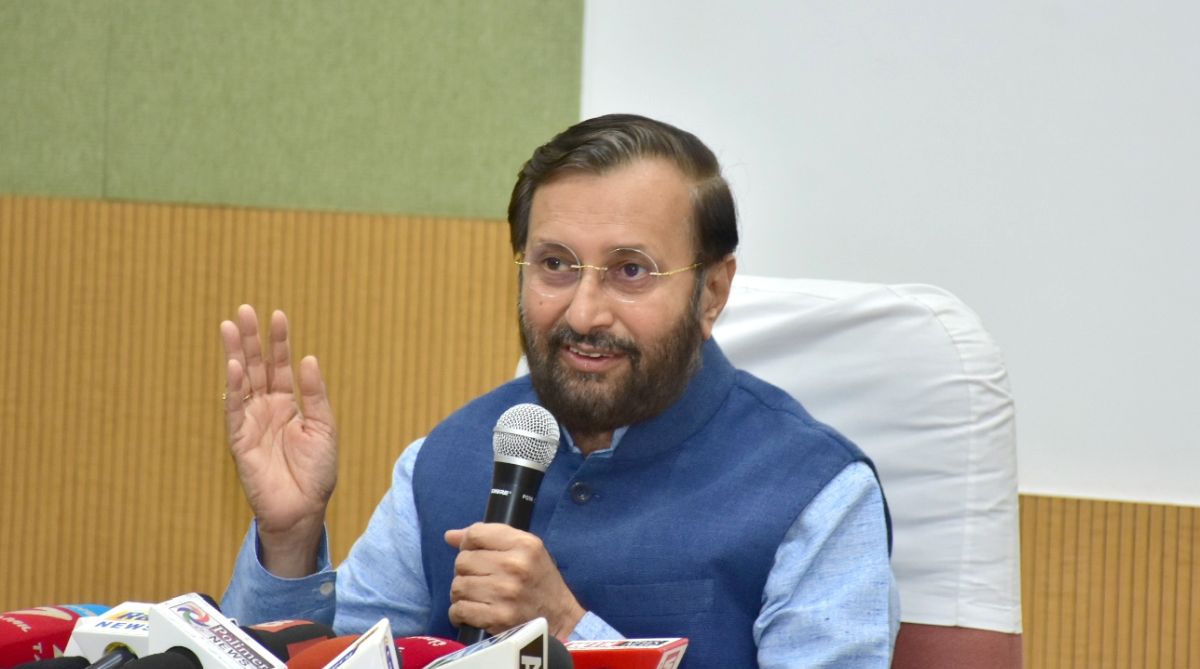UGC extends last date for submission of feedback on new regulations
The University Grants Commission (UGC), on Thursday, extended the last date for the submission of feedback on the draft UGC Regulations 2025 to February 28.

Union Human Resource Development Minister Prakash Javadekar (Photo: IANS/PIB)
The discourse over the move to put in place a new higher education regulator might linger for some time yet. Suffice it to register that neither the teachers nor the taught are convinced about the Centre’s rationale, but of course, the government seems intent on reinforcing its intervention in matters academic. Sixty-two years after its foundation, the University Grants Commission seems poised to be relegated to the footnotes of academic history should a “pragmatic” school of academic administration in the Union HRD ministry have its way. If the draft Bill is any indication, a Higher Education Commission of India (HECI) is on the anvil to replace the UGC Act of 1956. Instead of an autonomous entity, that has been functioning reasonably well albeit, with occasional contretemps, the successor commission will be vested with sweeping powers.
This at once renders the HECI more authoritative than the collective strength of the campus authorities. Its powers and functions trivialise the concept of autonomy not the least because “non-compliance of directions of the HECI could result in fines or jail sentence under the Criminal Procedure Act”. To say the least, such presumptuous conclusions make a mockery of the spirit that infuses the search of higher learning. The risk of the ambience being vitiated is dangerously real. The draft legislation has stopped short of defining what it calls the “inspector raj of the UGC”. These are strong words that are yet to be explained; nonetheless, the Bill has vested the new regulator with the power to end the same. The HECI will, therefore, proceed from conclusion to premise.
Advertisement
In the net, it is the authority of the HRD ministry (aka the Centre) that will be buttressed; it is hard not to wonder whether the essay towards regulated learning is somewhat concordant with the replacement of the Planning Commission by Niti Aayog. It has been more than a change in nomenclature. As much is probable in terms of the advancement of learning as well. More recently, the HRD minister, Prakash Javadekar, had made a particularly critical announcement that ought, in the fitness of things, to have come within the remit of the UGC. Specifically, a PhD degree will no longer be mandatory for appointment as Assistant Professor. Not for that matter will conduct of research be obligatory on the part of universities.
Advertisement
The government appears be impervious to reality ~ the quality of research is a major benchmark for evaluating the standard of a university. Grants to the campuses will henceforth be disbursed by the HRD ministry. Also to be restricted is the power of individual universities to frame courses and syllabi; under the new terms of engagement, universities will have to take the concurrence of HECI before offering a course. This is distinctly a restriction on the freedom of a university’s Board of Studies. Academic functions will thus be usurped through this legislation, which direly calls for reflection.
Advertisement